|
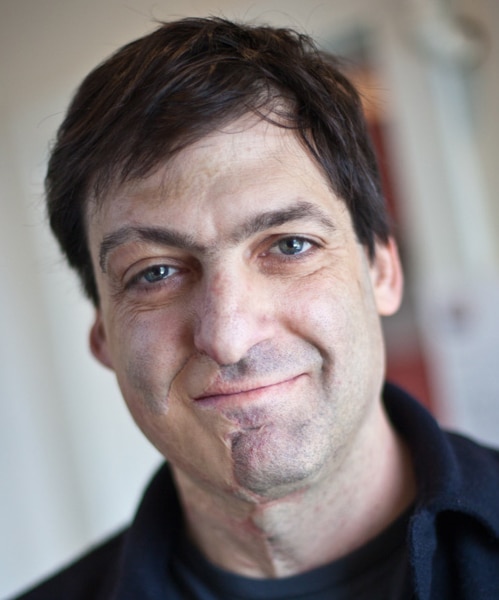
|
Dan Ariely published new installments in his Wall Street Journal ethics column. His new book, “Irationally Yours” was released May 18 while Ariely’s new documentary “(Dis)Honesty – The Truth About Lies” premiered at select theaters nationwide.
He also joined Qapital as Chief Behavioral Economist, launched (and sold) his Timeful startup, conducted a new TED talk on “How equal do we want the world to be? The results may surprise you“, and completed a successful Kickstarter for his new game: “The Irrationality Card Game.”
|
|
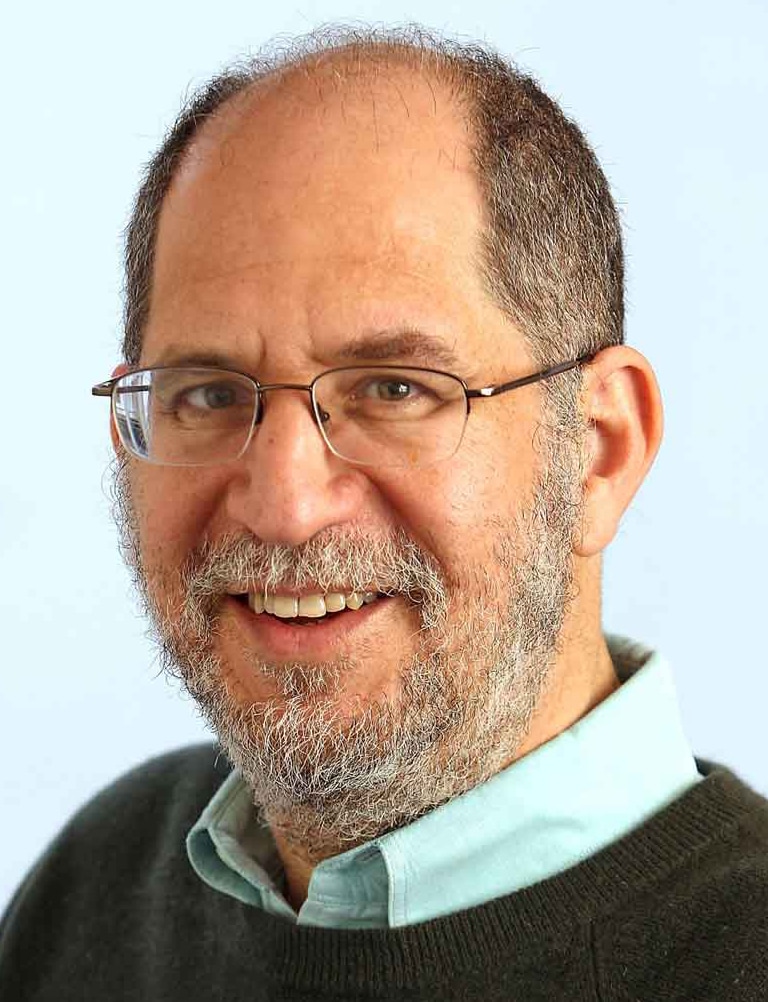
|
Max Bazerman joined the Kellogg School of Management’s new online ethics portal, Ethics in Action, as an expert.
He was also featured in a video on Time.com on the difference between seeing and noticing.
|
|
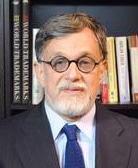
|
Ron Berenbeim and fellow members from the UN Global Compact Principles for Responsible Management Education (PRME) Anti-Corruption Working Group published a new book on implementing an anti-corruption curriculum in business schools worldwide. He served as editor on the book and wrote the preface.
The Working Group’s anti-corruption toolkit was also released- after three years in the making- and contains both content and teaching methods resources.
|
|

|
Steven Blader, and others, published a new study on “The Contingent Effects of Management Practices” on the Social Science Research Network. This work was featured in a wide range of media outlets, including an article in USA Today on how public information about employees’ performance affected a company.
|
|
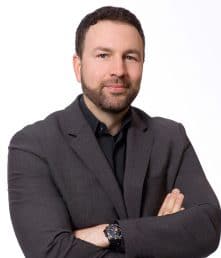
|
Daylian Cain co-authored with George Newman research that was highlighted in a piece in Time Magazine on “When Doing Good Means You’re Bad.” He was also featured in on NPR’s The Colin McEnroe Show guest discussing “Overconfidence is Overrated.”
Cain also published various academic pieces, including an article in Psychological Science on “Tainted altruism: When doing some good is worse than doing no good at all” and the Academy of Management Annals on “Giving vs. giving-in.” He also has a forthcoming piece in Current Opinion in Psychology on “Advice vs. Choice.”
|
|
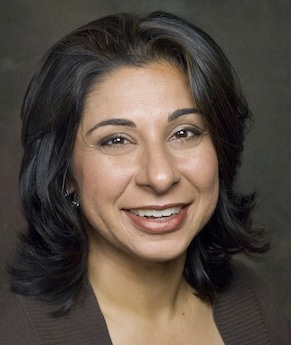
|
Dolly Chugh was included in Ethisphere’s top 100 most influential in business ethics list.
Research by Chugh and partners research was cited in an article on race and gender bias in doctoral program faculty in the Journal of Applied Psychology
|
|
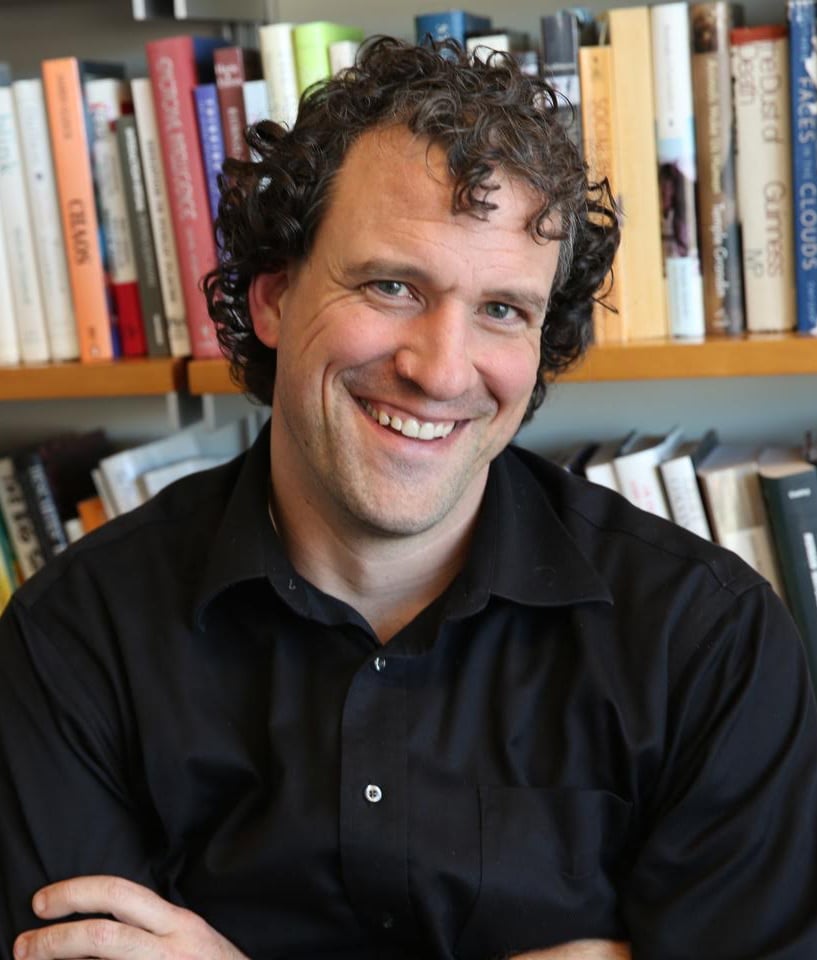
|
Nicholas Epley and partners released a study on how one’s voice can help job seekers while his research was cited in this piece on the benefits of talking to others during the morning commute in Business Insider: India.
Epley also provided an interview to Nautilus magazine in which he discusses acting on self interest and how to understand one another. The piece was highlighted in New York and Bustle magazines, among others.
|
|
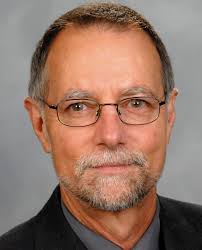
|
Robert Frank reviewed ‘On Inequality’ for The American Interest and published a piece on Vox.com illuminating how inequality drives up the cost of weddings and homes.
|
|
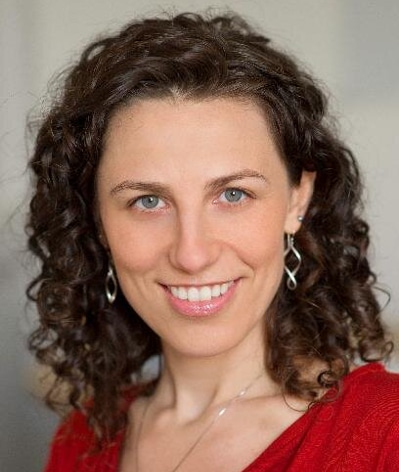
|
Francesca Gino, with others, launched an online cognitive-reflection test to assess personal motivators for judgments and decisions.
She also published several informative articles on human-behavior and ethics in the Harvard Business Review and had her research featured in a New York Times article on why smart workers seek out advice.
Gino was also interviewed by Time magazine on the importance of rituals.
|
|
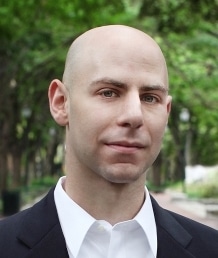
|
Adam Grant won Wharton’s Class of 1984 Teaching Award as the school’s highest-rated professor for the fourth straight year.
Grant also published a series of four articles in The New York Times, with Sheryl Sandberg, called “Women at Work” as well as an op-ed about the lack of work friendships in the US.
Adam Grant was also prominently featured in this piece from New York magazine on how one can accidentally plagiarize.
|
|
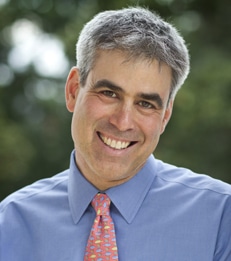
|
Jonathan Haidt launched HeterodoxAcademy.org, to bring to light the loss/lack of “viewpoint diversity” in the social sciences and published a cover story with Greg Lukianoff in The Atlantic exploring the trend of micro-aggressions and trigger warnings in higher education.
Haidt was also named one of the “100 Top Thought Leaders in Trust” by Trust Across America and earned the 2015 Beacon of Ethics Award from the Business Ethics Alliance in Omaha, Nebraska.
He also delivered a talk at the Aspen Ideas Festival on the business case for business ethics.
|
|
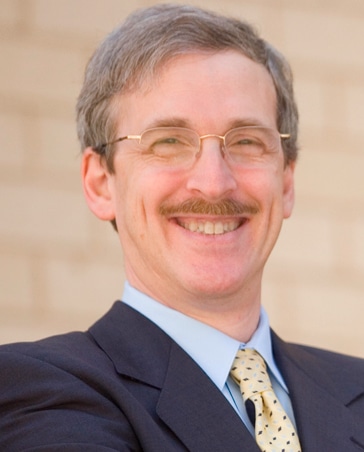
|
David Hirshleifer, with Usman Ali, published a new study on “Opportunism as a Managerial Trait: Predicting Insider Trading Profits and Misconduct.”
He wrote a blog piece for Ethical Systems on the implications of this new research.
|
|

|
Marc Hodak delivered a well-received lecture at Baruch College’s Zicklin Center for Corporate Integrity on his research into early experiments in corporate social responsibility.
|
|
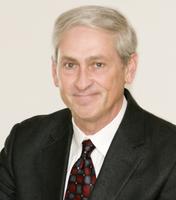
|
Jeff Kaplan published a joint piece with Jonathan Haidt in Ethisphere magazine on how to use EthicalSystems.org to create a workplace built on trust among colleagues and leadership.
He also authored various posts on his popular Conflicts of Interest blog.
|
|
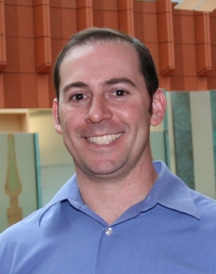
|
David Mayer was quoted in a piece on “deflate-gate” in the New York Daily News and was featured in a piece on ethics lessons for MBA students in the wake of the FIFA scandal. Mayer was also interviewed for a piece in Fortune magazine on how microaggressions can drive talent away from businesses.
He was also tapped to create a bi-monthly column for Fast Company magazine on business ethics and published the first installment on whether business ethics is an oxymoron in November 2015.
|
|
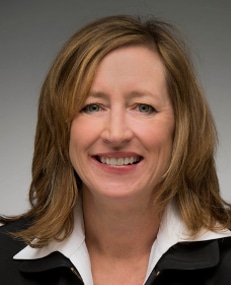
|
Ann Tenbrunsel, and others, published an important study on a survey indicating a widespread disregard of ethics among workers on Wall Street.
With Linda Treviño and David Mayer, she also helped to launch a new Ethical Systems research page on Corporate Culture.
|
|

|
Linda Treviño hosted Ethical Systems’ second business ethics roundtable event with compliance and ethics leaders gathering to discuss the importance of, and how to create a more effective, corporate culture.
She also helped launch a revised Ethical Systems research page on Whistleblowing.
|

 Ethical Systems Year End Letter from Jon Haidt
Ethical Systems Year End Letter from Jon Haidt